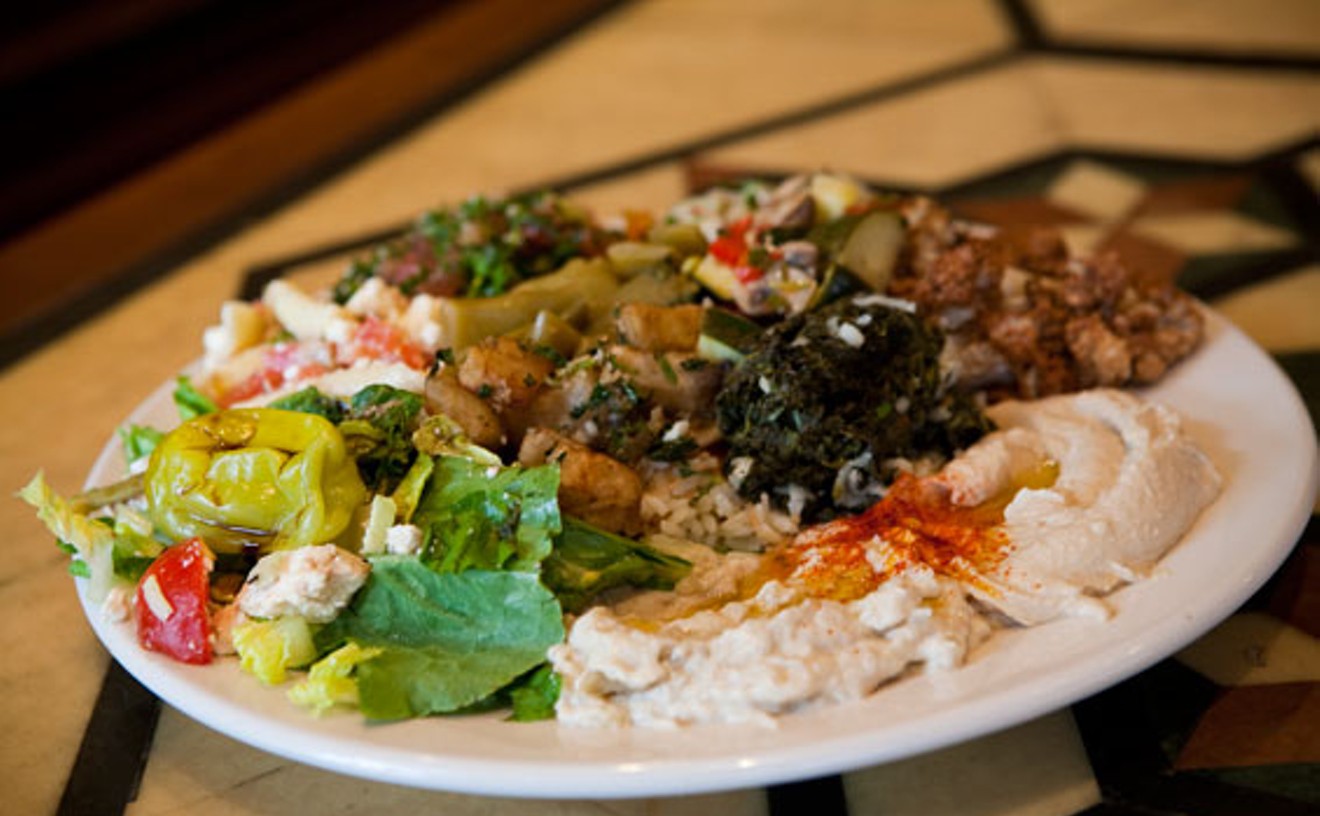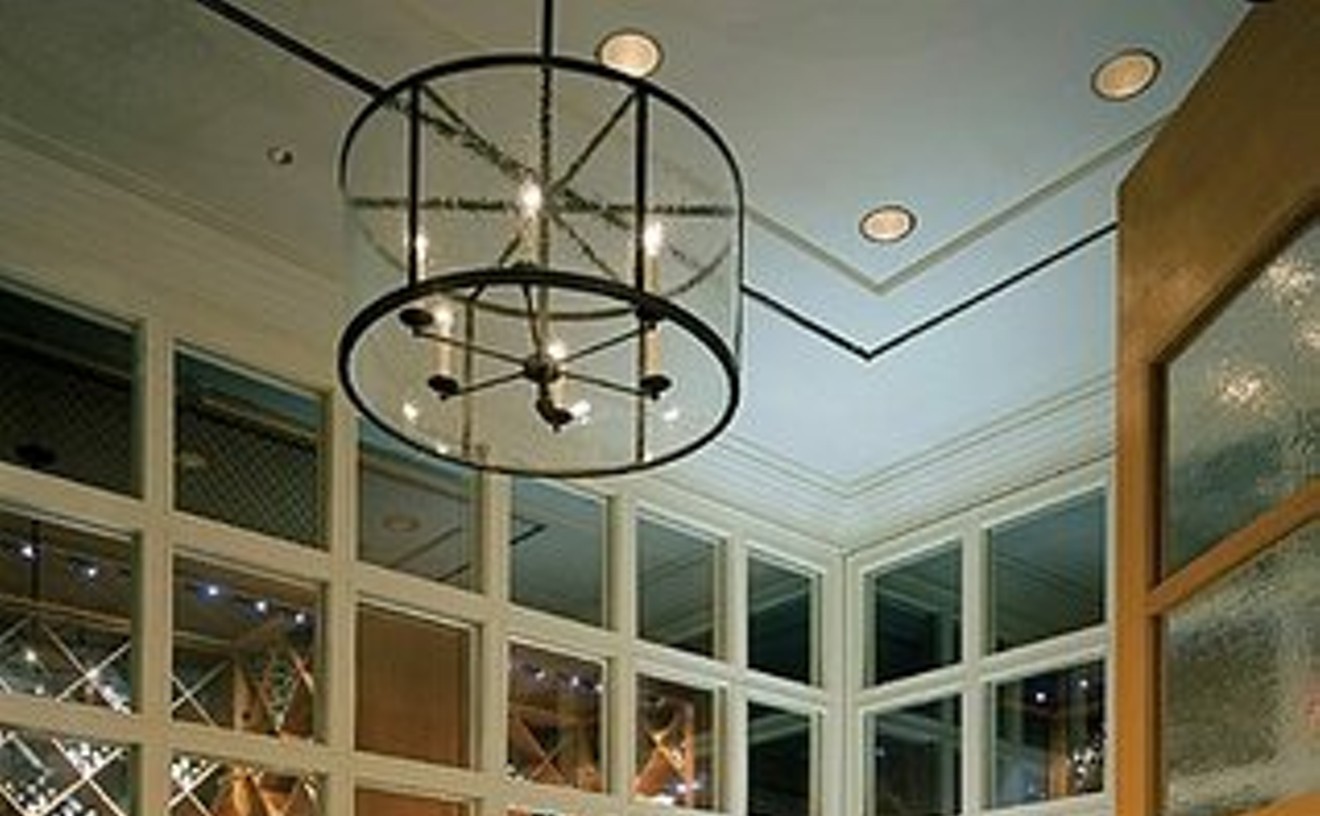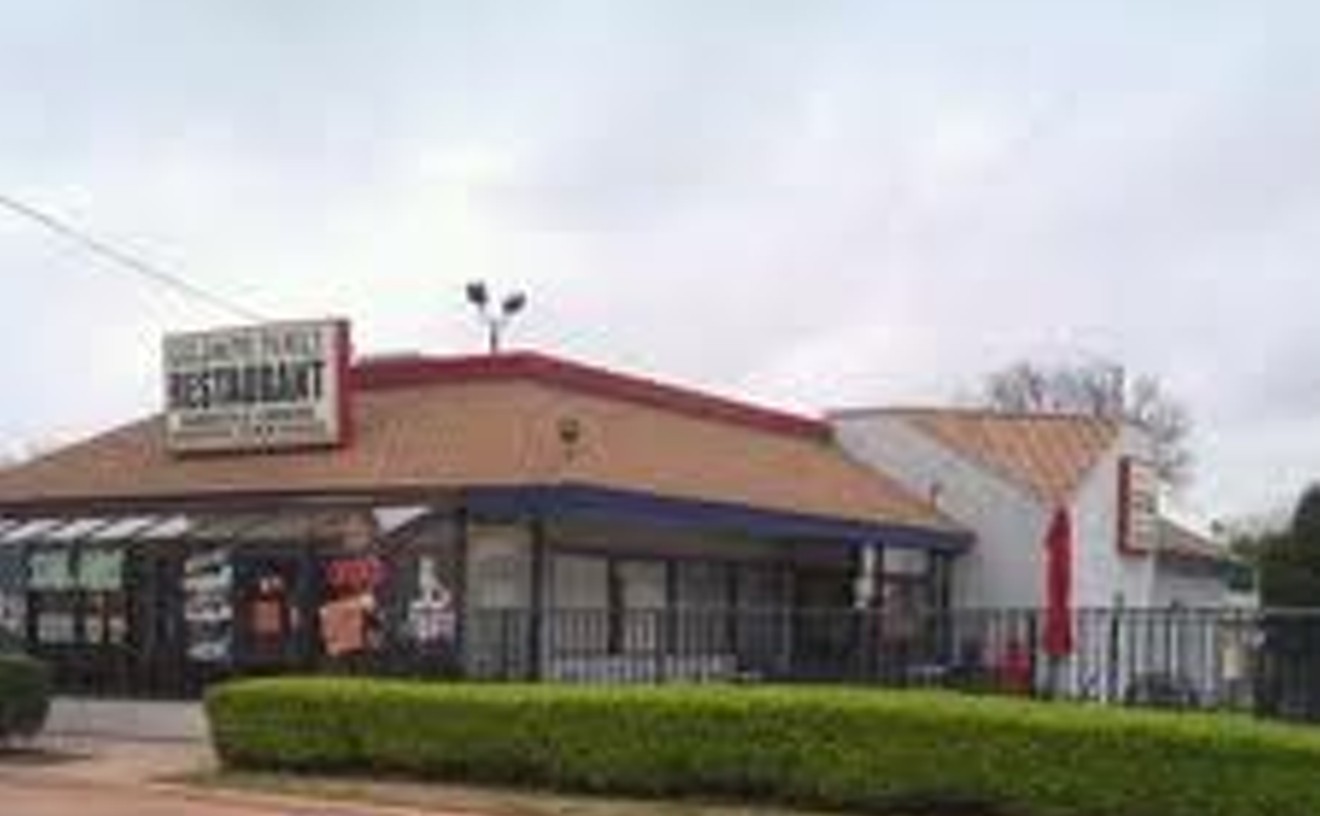Politics and food are inextricably entwined. Food is the staff of political oratory, the mother's milk of stump rhetoric, the fruit of floor harrumphing. The French recognized this intimate relationship more than two centuries ago when Marie Antoinette famously remarked: "If the people have no bread, then let them eat cake." Historians doubt she ever said this, but she lost her head over it anyway during the French Revolution. French President Charles De Gaulle remarked on this intimacy more than a century later. "How can you govern a country which has 246 varieties of cheese?" he asked. Even the Germans, not known for their culinary deftness, felt the need to comment on the linkage. "To retain respect for sausages and laws, one must not watch them in the making," Chancellor Otto Von Bismarck said.
This synergy isn't lost on Americans either. "Now I'm president of the United States, and I'm not going to eat any more broccoli," President George H. W. Bush promised after his election in 1988.
In Dallas, perhaps no one understands the relationship between food and politics better than Mark Maguire, founder and operator of Maguire's Regional Cuisine and M Grill & Tap. Maguire, who has toyed with the idea of running for public office, is deeply enmeshed in the political processes on all levels: federal, state and local. "When I see opportunities to make things better, I get more fired up about getting involved," Maguire says. "Every single thing that happens with regard to regulation or ordinance has a more powerful effect on our business because of the way we are set up."
From health and environmental regulation, to employment law, to "sin" regulations, to zoning and signage ordinances, virtually everything government does can give restaurateurs indigestion, Maguire says. The reason: Restaurant operations are profoundly labor intensive, requiring a greater number of employees to generate a given level of income than most other businesses.
But while he visits Washington on a regular basis, he says restaurant issues on the national level are under control in the fists of the National Restaurant Association. "My involvement really is directed at trying to strengthen our industry when it comes to being at the table with the city and state folks," he adds. Sort of. In Austin, Maguire says, restaurateurs make up one of the three most powerful lobbies in the state. In Dallas? "Obviously there are a lot of frustrations," he admits. Even though the restaurant industry is one of the top contributors to local tax coffers and the largest employer next to government, restaurateurs are routinely dissed by City Hall, he maintains. "It's not necessarily about what you provide to the city; it's about how big a hammer you bring to the table," he says. "They have a perception of our industry that it is weak and disorganized."
Maguire doesn't dispute this assessment. He says the industry in Dallas lacks cohesion and focus, but he attributes it to the nature of the business, with its long hours and slender margins.
This lack of a united front was most conspicuously evident in the industry's fight against the Dallas smoking ban, a move Maguire insists cost him and his fellow operators thousands of dollars in revenue as smokers headed to outlying areas where they could puff freely. "We have to fight much harder on the city level," he laments. "It's more intense. I don't mind saying that I think the way our city government is set up is an absolute mess." The mess, he says, stems from a structure that produces a relatively weak mayor and a moribund city council profoundly absorbed with infighting and vote-trading to shore up individual fiefdoms. The big Dallas picture gets lost.
Maguire even hints that City Hall is infected with duplicity. "They will look us in the eye and tell us one thing and then do something completely different," he says. "It's gotten to a really negative situation here in Dallas. I don't think they care about us...Laura Miller is on her high horse looking down at the restaurant industry."
On the national level, Maguire says, his colleagues largely toe a pro-business line, not surprising as the intensive nature of the business means tighter regulations and steeper taxes almost always inflict pain on existing operators while they raise entrance barriers to fresh blood. "An extremely large majority of our industry is more leaning toward Bush and the Republican side just for that reason," he says. Maguire worries a Kerry administration might give a significant boost to living-wage proponents, who wish to set the minimum wage well above $10 per hour. "That would be devastating to our industry," he says.
Albert Einstein once said an empty stomach is not a good political adviser, which is why hotel and restaurant lunches and dinners are the bread of political campaigns and political action committees. Maguire hosts many of these events. And it's a safe bet he keeps the menu clear of French cheese.








